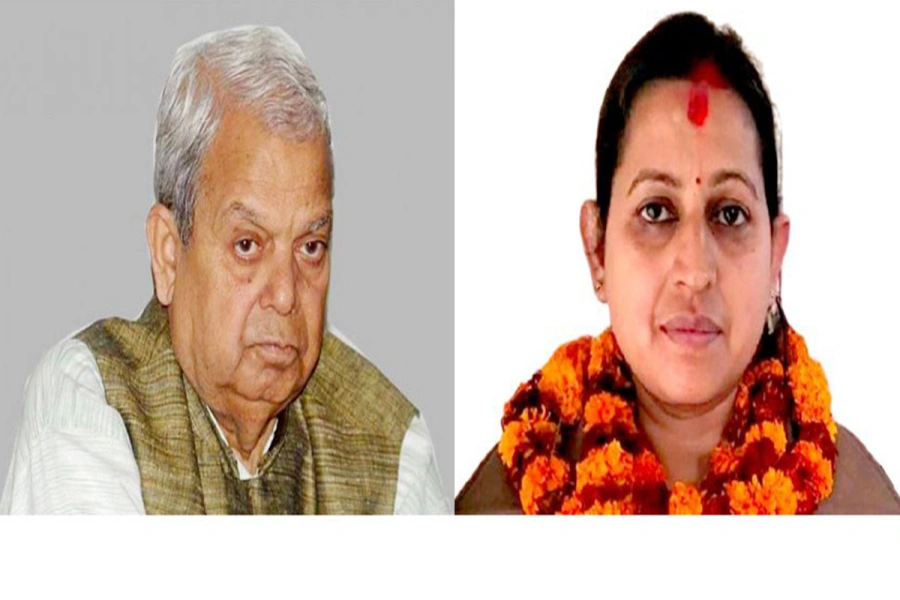User or entity in tech world can be understood as anyone with an IP address. A single person possesses multiple devices, from laptops to mobile phones and even smart watches.
All these devices have one element in common, that they can be uniquely identified or traced to a particular user. Every person in today’s digital world is identified through an IP address or a particular device hardware identifier which can be traced to a monitor through digital activity.
User profiling has now been increasing with the advent of social media , e-commerce applications and web portals which keeps the record of the user’s web access and browsing patterns by keeping track of basic activities like clicks, likes and comments on social and e-commerce applications. User is also profiled by tracking frequent application access time, geographical location, economic transactions, and sensational news reading patterns, religious following and in many other ways.
Such profiling is used by web applications to target the user for customized advertisements.
We all have observed social sites like Facebook displays advertisements based on our likes and clicks. This is a prime example of web applications using user profiling. User driven applications like YouTube and Netflix can also utilize user profiling to recommend videos and movies. Even the US presidential election was thought to be heavily influenced by circulation of fake news, which was targeted to a certain voters based on their political profiles generated through their Internet activities.
It is nearly impossible to hide our digital footprint or in a proper term ‘to get off the grid’.
Almost all the tech giants of the world utilize user profiling to create a personalized environment for better user experience but we must be careful of its negative impact if the profiling is used to dispense untrue information or to misguide the users.
Muhammad Ali's son asked, 'Are you Muslim?' by border agents

Manish Adhikari is a software engineer at Zyoba Labs






































